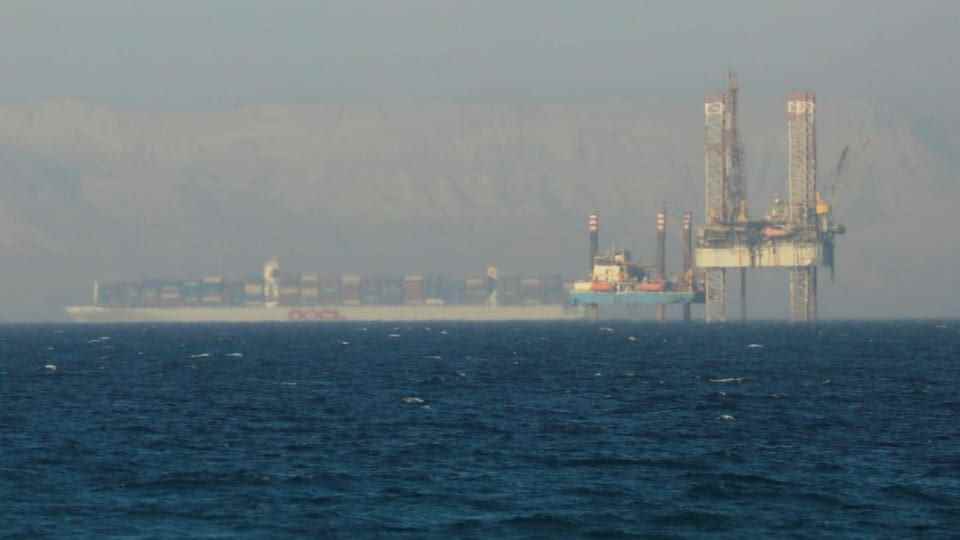The course of a conference always depends on the venue. Egypt was criticized from various quarters for the way it organized the climate conference. Also from Franz Perrez, the head of the Swiss delegation in Sharm El-Sheik. He mentions, for example, the setting of priorities during preparation.
SRF News: How does a host country specifically shape a climate conference?
Franz Perrez: A host country shapes a climate conference on several levels. Once obviously by providing the infrastructure. A good infrastructure always helps for a good conference. Secondly, a host country can also have a very strong influence on a conference through the preparation process. By setting priorities in the preparations and setting focal points where more work is done in the preparations.
A host country shapes a climate conference on several levels.
Thirdly, a presidency can also have a very strong influence on a climate conference because it ends up holding the pen. At the end she writes the texts in the areas where the countries cannot reach an agreement.
In which of these areas does Egypt have to put up with criticism in terms of organization?
From our point of view, and it is also a partisan point of view, Egypt set priorities differently in preparation for the conference than we had expected. During the preparations, the Egyptian Presidency did not prioritize mitigation and emission reduction, but rather the areas of damage and losses caused by climate change, adaptation and financing. As a result, expectations have increased unilaterally. And the preparations have also made much progress in these other areas and not in the area of emission reduction.
Why did Egypt set these priorities differently?
Egypt has argued that because this is an African COP, the focus would be on adaptation, climate change losses and damage, and financing. This is a very one-sided interpretation of the interests of the African continent. The poorest countries in Africa in particular have a very existential interest in global warming not exceeding 1.5 degrees.

Legend:
The Egyptian economy is heavily dependent on oil production. «It is understandable that a presidency always uses such a conference to pursue its own interests. Holding a climate conference is a huge effort,” says Franz Perrez.
Reuters/Amr Abdallah Dalsh
When it came to signing the final declaration, Egypt played for a bit of a delay. How did that work?
At the beginning, the contracting parties try to agree on the final texts. If that is not possible, the presidency intervenes in the second phase and then presents compromise proposals. Egypt performed this function a bit differently. First, they waited a very long time before sharing the first text elements. Second, there was almost no time in the second week that states had sought resolution among themselves. And there was almost no time left to comment on the final document. It was actually a text that you either had to accept or reject.
The conference takes place alternately in different regions of the world. The countries can apply, then vote. How political is this allocation process?
This allocation process is a very political process within the region that will provide the next presidency. So the African region had to agree on Egypt as the presidency. The Asian region had to agree that the United Arab Emirates would be the next presidency.
The conversation was conducted by Simone Hulliger.

